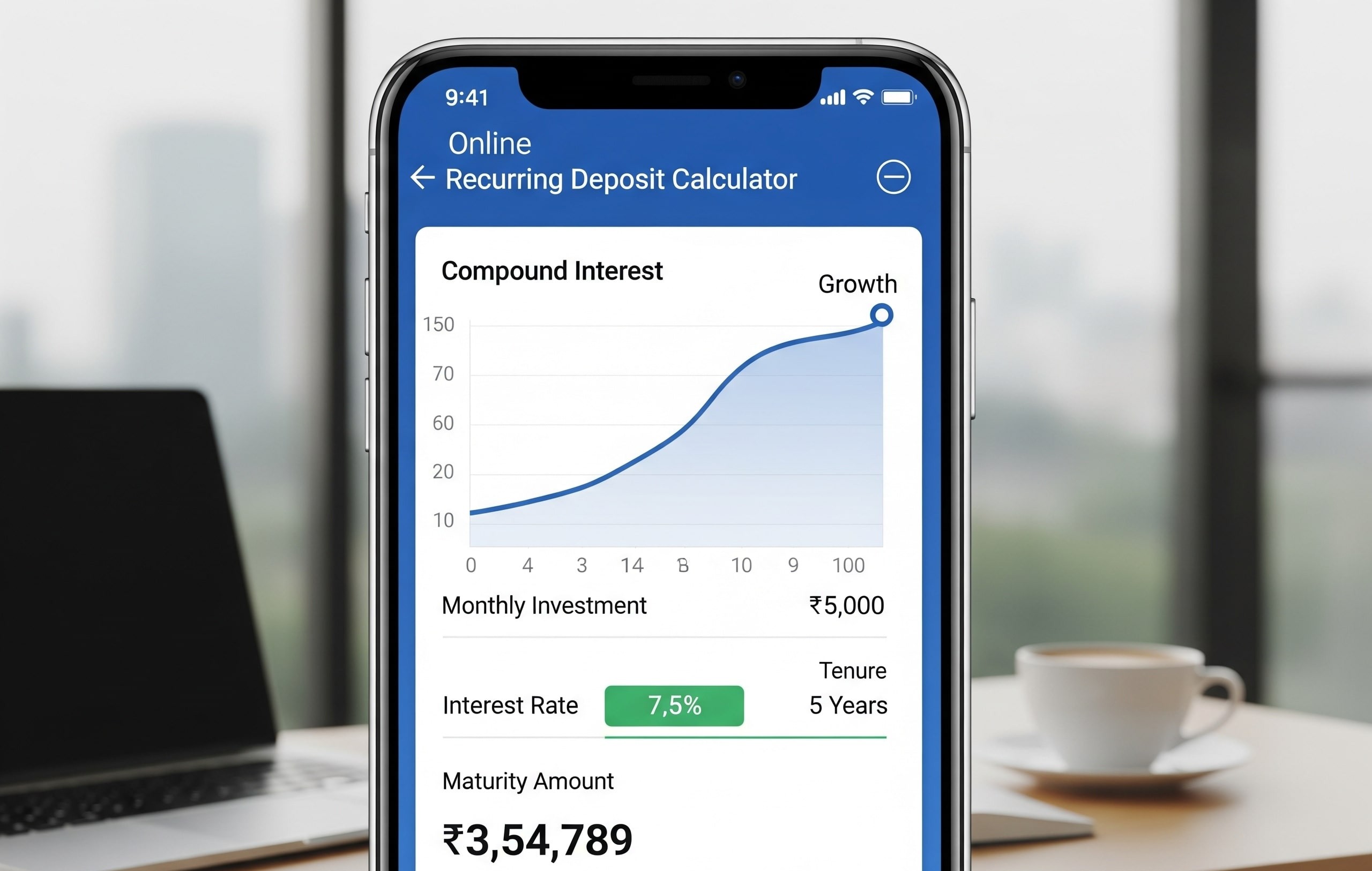Today, several Indians are eager to invest in mutual funds. This is primarily because they provide a variety of benefits, including professional management, portfolio diversification, tax benefits, and lower costs. Mutual funds also help people to invest in small amounts. Online mode has made investing even easier and within reach. So, how to invest in mutual funds? Let’s see in this read.
What are Mutual Funds?
First, let us see what mutual funds are. A mutual fund [MFs] is an investment instrument that comprises a portfolio of stocks, bonds, debt, and other securities. These are collected from several investors. These funds are managed by experienced professionals known as fund managers.
Fund managers make financial decisions to achieve certain financial goals like income generation or capital appreciation. They possess the knowledge necessary to make smart decisions and diversify properly. Online mutual funds can be bought by investors from multiple categories based on their risk capacity, financial goals, and investment tenure.
Why Investing in Mutual Funds is a Good Decision
- Expert Management at Your Fingertips
Not everyone has the time, expertise, or money to research and choose individual stocks or bonds. That’s where mutual funds excel. They are taken care of by professional fund managers who research the market, buy and sell securities, and make adjustments to portfolios in accordance with the fund’s objective. As professionals are managing your money, you can concentrate on your overall financial well-being without getting caught up in the daily ups and downs of the stock market.
- Spreading Risk and Minimizing Instability
One of the greatest fears of investing is losing money when the market goes down. Mutual funds help to reduce this risk because when you diversify your investments, the risk gets minimized. Instead of investing your entire corpus in a single stock or bond, your investment is distributed across a number of assets, including equities, debt, and even gold. Thus, if one investment underperforms, other investments in the portfolio might perform well, compensating for the loss. This natural hedge means you’re not overexposed to the performance of any one asset.
- Low Cost and High Value
Investing in mutual funds is an affordable alternative to buying individual stocks and bonds. MFs have a lower expense ratio due to economies of scale, which cover fund management, administration, and marketing costs. That way, you get professional management at a fraction of the cost of managing your investments yourself. MFs are an excellent way to grow your investment, whether you are just starting or looking to grow your portfolio.
Also Read: How to Choose the Right Mutual Fund for Your Goals | Understanding Mutual Fund Risk: High vs Low Risk Investments
Different ways to invest in Mutual Funds
| Investment Method | Description | Ideal For | Key Benefits |
| Systematic Investment Plan (SIP) | Make consistent investments at set intervals, such as weekly, monthly, or quarterly. | Suits investors who are looking for disciplined investing and long-term wealth creation | Reduces market risks through cost averaging and promotes regular savings |
| Lump Sum Investment | Put a lump sum into a MF at once. | Suits investors with surplus funds who want to maximize market returns | Opportunity for greater returns and take advantage of market growth |
How to Begin Investing in Mutual Funds Online
Investing in mutual funds online is very simple. Just follow the below steps:
1. Set Your Investment Goal
The first step in how to invest in mutual funds is deciding the purpose of investing.
- Wealth Creation: Equity MFs are a good option for long-term wealth accumulation. They provide large returns but come with risks.
- Retirement Planning: For financial security after retirement, invest in long-term funds like balanced or hybrid funds. These provide stability and growth.
- Child’s Education: If you’re saving for your child’s future education, invest in funds with moderate to high growth potential. SIPs in equity or hybrid funds work well.
- Short-Term Financial Goals: If you need funds within a few years (e.g., for a vacation, car purchase, or emergency fund), debt mutual funds or liquid funds are safer choices.
2. Choose a platform
There are many ways to invest online, and some of them are as follows.
- Official AMC
- Banks and Financial Institutions
- Independent financial advisors
3. Complete KYC (Know Your Customer) Process
KYC is mandatory for investing in MFs. The process includes:
- Provide the bank account details, PAN card, and Aadhaar card.
- Completing OTP-based eKYC or in-person verification.
4. Research and Select Mutual Funds
Before investing, compareMFs based on:
- Returns: Past and expected performance.
- Risk level: High, medium, or low risk.
- Fund manager’s track record: A well-experienced manager increases trust.
- Expense ratio: The lower the expense ratio, the greater the potential for better returns over time.
Types of Mutual Funds
- Equity funds: High returns with higher risks.
- Debt funds: Low-risk fixed-income securities.
- Hybrid funds: Combining equity and debt for a balanced investment approach
- Index funds: Passive investment tracking the stock market.
5. Start Investing
Once you’ve chosen a mutual fund
- Enter the investment amount and select SIP or lump sum.
- Set up an auto-debit from your bank for SIPs.
6. Track and Manage Your Investments
- Regularly check your portfolio to guarantee it aligns with your goals.
- Use mobile apps or investment dashboards to track fund performance.
- Periodically review and rebalance your investments if necessary.
Also Read: Types of Mutual Funds Explained | How to Build a Mutual Fund Portfolio for Beginners
Wrapping It Up
It’s that easy to invest in mutual funds. Follow these steps, and you are all set. With clear goals and the right investment platform, you can achieve your goals with ease. Be patient, remember to track your investment, and make changes whenever needed. Begin your mutual fund investment now and see your wealth grow!
FAQs
1. Can I earn a monthly income from mutual funds?
Yes, some mutual funds offer regular income options. Dividend-paying MFs and systematic withdrawal plans enable investors to get monthly payouts.
2. Is a Demat account required to invest in mutual funds?
A demat account is not compulsory to invest in mutual funds. You can buy MFs units directly through online platforms or asset management companies.
3. What is the minimum investment duration for mutual funds?
The shortest investment period for MFs is one day, as their net asset value is calculated daily. But keeping your investments for a longer time generally leads to better returns.
4. Is it possible to withdraw my money from mutual funds anytime?
Mutual funds are liquid investments, meaning you can withdraw at any time. However, certain funds may charge an exit load or redemption fee for early withdrawals.
Hello there, my name is Phulutu, and I am the Head Content Developer at Nivesh Karlo. I have 13 years of experience working in fintech companies. I have worked as a freelance writer. I love writing about personal finance, investments, mutual funds, and stocks. All the articles I write are based on thorough research and analysis. However, it is highly recommended to note that neither Nivesh Karlo nor I recommend any investment without proper research, and to read all the documents carefully.






Leave a Reply